Connect with us
Published
7 years agoon
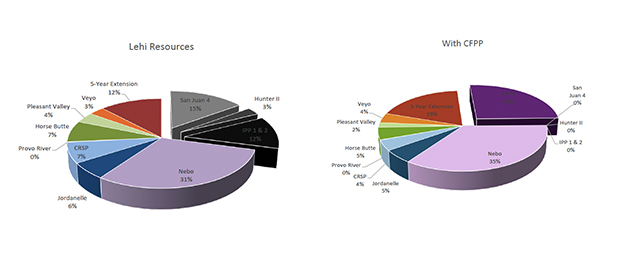
Lehi to participate in CFPP nuclear power
On May 1, Mayor Mark Johnson and City Council members, Johnny Revill, Mike Southwick, Paul Hancock, Chris Condie and Paige Albrecht met in City Council chambers to hear reports from Y2 Analytics, the Lehi City Power Department, and a legislative consulting firm representative.
A resolution was presented and passed that would provide grant money from the Utah County Commission for a pedestrian bridge across Dry Creek Park located at 100 W. 1600 N. “This bridge would provide greater access to the park and surrounding areas. It would also connect with trails,” commented Steve Marchbanks, Lehi City Parks and Facilities Superintendent. The Municipal Recreation Grant offered $39,000, which would pay for the project.
Joel Eves, Lehi City Power Director, presented a power point presentation introducing the City Council to UAMP’s Carbon Free Power Project (CFPP), a nuclear facility to be in Idaho at the Idaho National Laboratory. Eves said, “We have a lot of growth and our resources are declining.” The CFPP is a 4.2 billion -dollar project projected to last from 40 to 80 years. Lehi presently does not have solar or nuclear power sources. “With the phasing out of coal as an energy source, we have to look at other ways to provide energy,” continued Eves. “We will run on coal as long as we can, but we will run out at some time. No matter what we will have to have a rate increase.”
Concerning a rate increase, Council member Condie said, “Utah has pretty cheap power.” Eves responded, “The question is, ‘Are we willing to increase rates to provide additional energy?’ There are risks associated with CFPP. This type of energy production has never been online before and with any new technology, there might be construction delays. We will be looking at natural gas if we don’t go in this direction of the UAMPS project.”
Another presentation was given by Y2 Analytics concerning the recent citizen survey.
Chris Bleak gave the final presentation. Bleak is a lobbyist with RRJ Consulting who works with cities and towns to lobby the Utah State Legislature. “We are not retained by Lehi City. We traditionally work with the League of Cities and Towns.” Blake explained that his firm organizes meetings with Lehi legislators and advocates for their cities. “We are looking at ways we can collaborate with the legislators.”
Bleak also commented on the transit capital projects. “The transportation tax bill did not pass in local elections. Utah County is not favorable to tax increases for transportation. If counties do not levy taxes, cities can.” He also mentioned that some local ordinances need to be updated regarding food trucks, land uses, and housing affordability.
Kim Struthers commented, “We have updated our food truck and affordability housing ordinances.” The final issue addressed by Bleak was the legislation requiring cities to share in the homeless shelter problem. “There can be fines assessed if cities aren’t willing to do their share,” Bleak added.
David Kitchen, Human Resources Manager for Lehi City reported on employee salaries and benefits. “We now have two plans and two networks. We have a medical facility in town and we want to support it,” reported Kitchen. “Our benefits package is better than average. For example, for a $45,000 position, the City pays $76,016, including benefits,” said Kitchen.
“We must increase wages for police officers. We are below market. We are experiencing a talent drain. Cities say, ‘Go to Lehi and get trained, then come and see us,’” said Kitchen.
Mayor Johnson inquired about sending out Requests for Proposals relating to printing needs for the city. It was reported that using middlemen did not reduce costs.
Condie questioned city employees about the sidewalk budget. Wade Allred, Lehi City Streets Superintendent, explained that there are increased costs associated with a booming economy. Contractors are getting paid more working for private companies than working for cities or public entities.
Condie also questioned the Lehi City Parks representative about the condition of ditches and ponds and the mosquito and noxious weed problem in the area where he lives. “We need to find money to take care of these problems,” Condie said.
Condie asked water department representatives about water conditions. Dave Norman, Lehi City Water Systems Director indicated that snowpack is low. He also pointed out that Lehi residents used 140 more acre-feet in April than last year. It was also noted that 290 acre-feet came out of Bull River by this time last year while only 160-acre-feet has been measured this year. Even though there is the city doing work to increase citizen awareness regarding water conservation, it doesn’t seem to be having much impact. Mayor Johnson said, “I am not opposed to water restrictions.”
Each city department spoke regarding individual needs and the costs of fulfilling those needs.

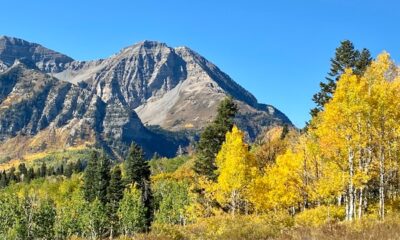

Exploring Day Trips From Lehi Through Scripture
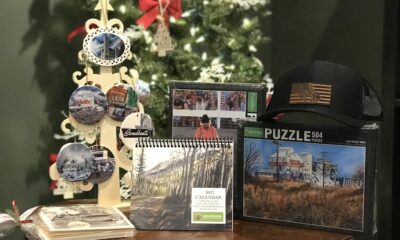

Lehi nostalgic Christmas gifts for sale at Historical Society


Lehi wrestlers win at Stansbury


Lehi firefighters help Santa


Lehi-based App Encourages: Get fit with friends
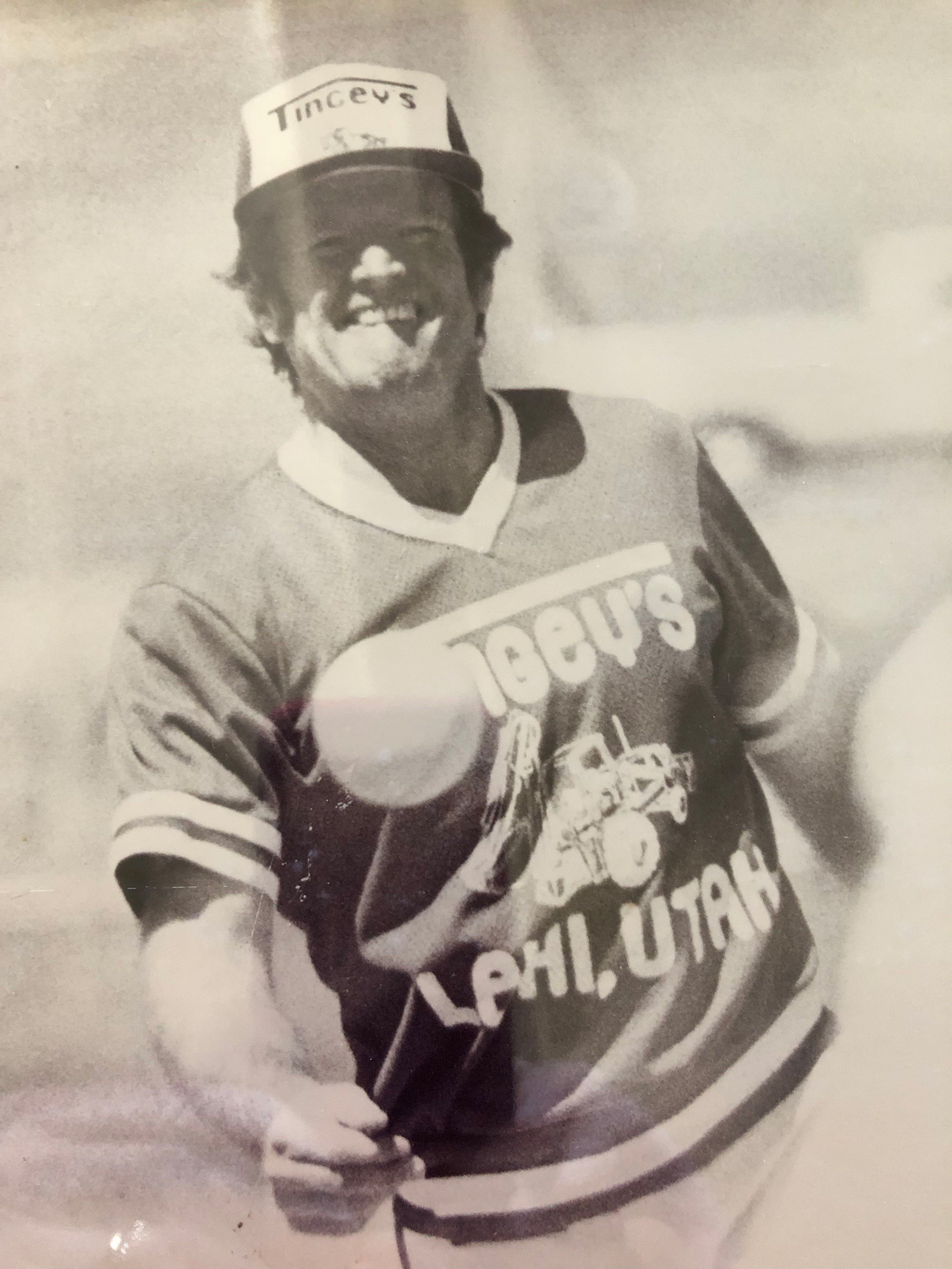

Fastpitch Softball—It’s all in the (Lehi) family
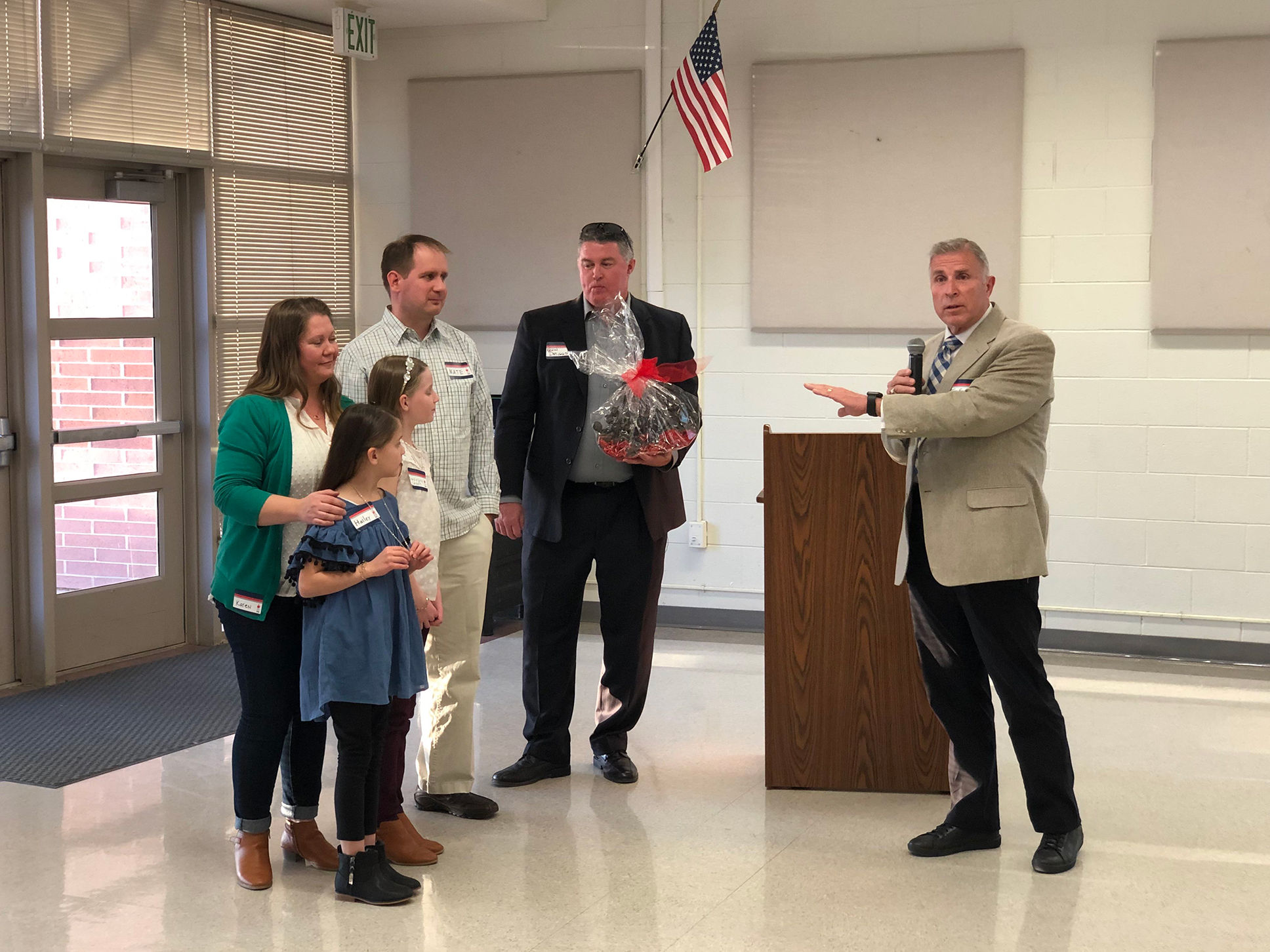

Lehi donors recognized at ASD Foundation event
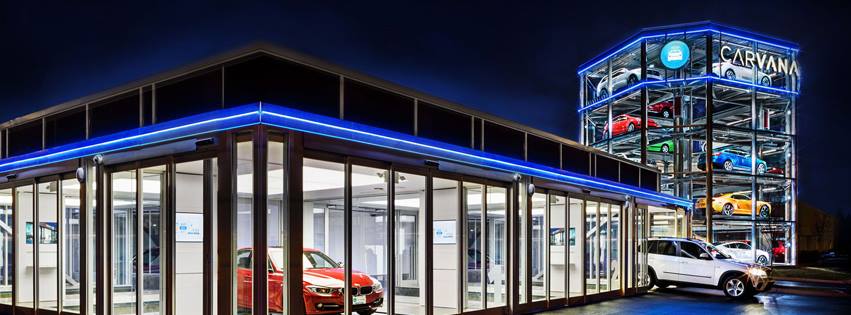
Carvana “auto vending machine” to be built in Lehi
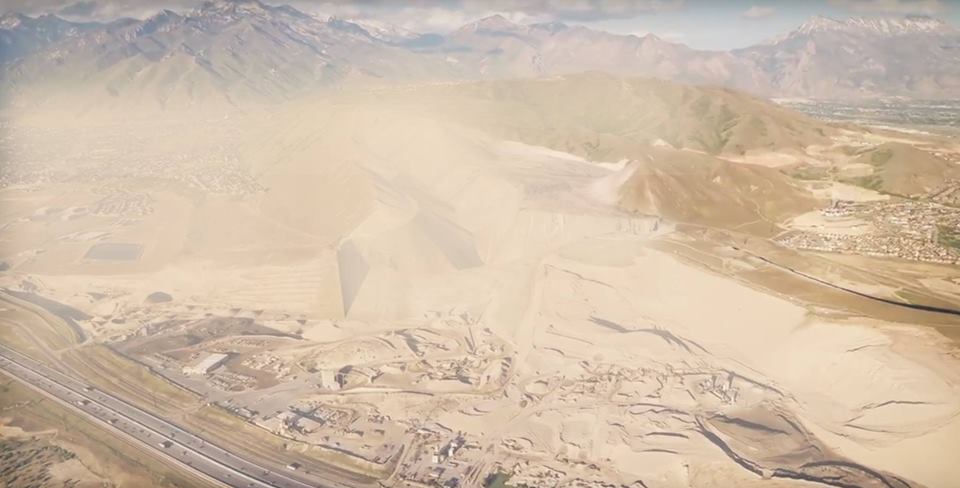
Modified gravel mining bill clears Senate Committee
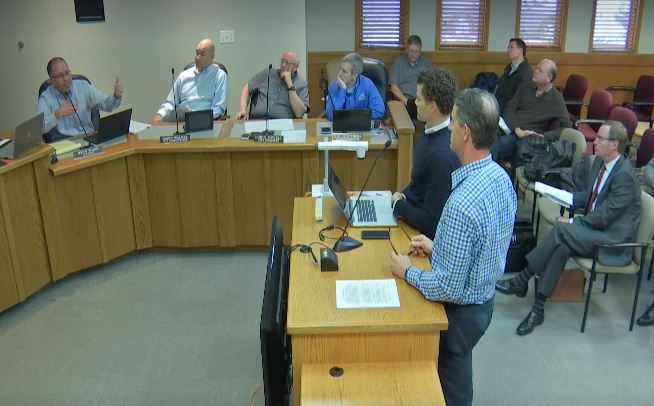

City disagrees with infrastructure cost reimbursement at Thanksgiving Point
